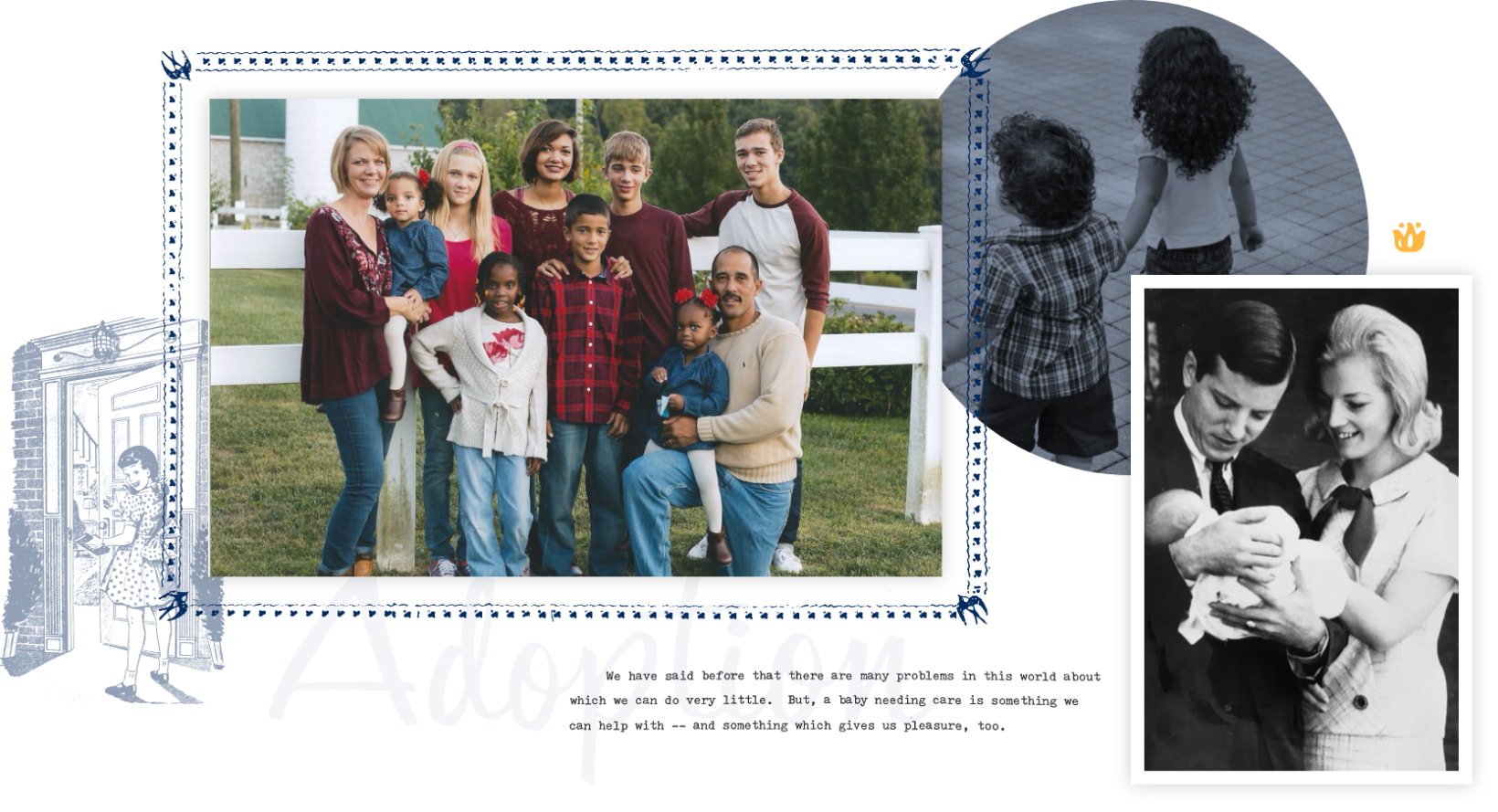Adoption from Foster Care
The largest number of adoptions completed each year are foster parents adopting their foster children who cannot return home.

Here are the minimum requirements to get started:

When you decide to foster or adopt through the Children’s Home Society, we make sure you have all the training and support needed to successfully bring a child into your home. Counseling and other support services are available to all members of the adoption triad (birth parents, adoptive parents, and adoptees).
The Children’s Home Society offers individual and family counseling services to birth parents, adoptive parents, and adoptees. Our social workers have expertise in adoption and attachment issues, as well as blended families, school adjustment, and mental health. Foster and adoptive parents can participate in regular family support groups to connect with others experiencing similar challenges. We provide professional and confidential services through consultations, crisis intervention, assessment, and referral. Because we know that the decision to foster or adopt is a life-altering one, we’re here to walk you through it.
Yes. We strive to match a child to a family based on strengths and needs.
There are no fees. Foster parents receive a stipend to meet the needs of the child. Medical, dental, and vision care is covered by Medicaid. Daycare is covered if parents work.
Yes. Many foster parents use approved daycare providers or afterschool care for foster children while they work. Daycare is covered for foster children when foster parents work at least 20 hours per week.
Loving a child and then sending him/her back to a healthier family is one of the hardest and most important aspects of fostering. The love you provided to the child will live in their hearts forever.
Teenagers, medically fragile children, sibling groups, and children with other special needs are the most in need of foster care. It is possible to foster very young children.
Yes. When children are unable to return to their families, foster parents are often able to adopt. Keep reading below to find out more about adoption.
The majority of our adoptions occur through foster care, however we do work with a few families each year who voluntarily decide to place a child for adoption.
If you want to know more or you are ready to get started, please complete our inquiry form here.
Complete an inquiry form. Attend orientation (virtual or in-person options). Complete specialized, free training (virtual or in-person options). Complete a home study assessment so we can get to know each other. Complete a Family Profile, if you wish to adopt.
Adoption may be an option when a child’s birth parents are unable to care for him or her, for various reasons. Some birth parents choose to make a voluntary adoption plan when they recognize they are currently not ready to be parents. Some foster children cannot return home because their parents or other family members are unable to meet their needs. Adoption is a positive way for children to become part of a permanent family.
The largest number of adoptions completed each year are foster parents adopting their foster children who cannot return home.
As a certified foster/adoptive family through the Children’s Home Society of West Virginia, you have the option to be considered by birth parents for placement of a newborn child.
Are you pregnant and unsure if you are ready to be a parent? The Children's Home Society of West Virginia can help.